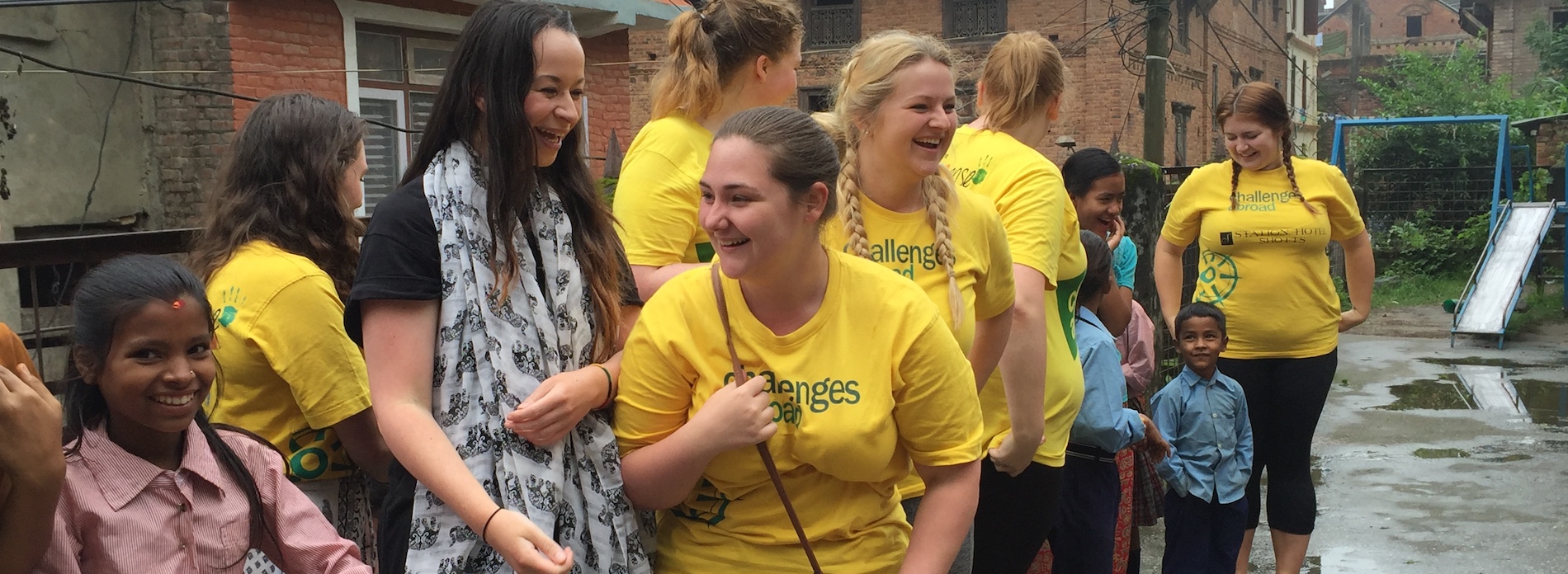If you read our last blog from Lucy, our Student Engagement Coordinator you would’ve have heard of her experiences with culture shock. Here Lucy has prepared a few of her top tips for overcoming culture shock when arriving in a new country.
Take it slow
Quite often the first few days whilst abroad will be what is considered a ‘honeymoon period’. These first days will be exciting and overwhelming as being in a new country with the new smells, markets, scenery, temperature, colours, and sounds will be totally new. The excitement is overwhelming but can sometimes lead to a slight slump shortly after, if you try and do too much too quickly.
The rush of chemicals your feel upon arrival may overshadow any disappointments or frustrations, until the jet lag and loss of routine sets in. In the first few days take the time to relax, and adjust yourself before getting out there and getting everything done, or seeing all the sights in one hit. Balance your days, and evenly spread out your activities, tours or experiences so you allow yourself time to adjust, and live in the moment.
Sleep!
Now this one may be an obvious one, but when you arrive overseas, one of the best ways to combat potentially upsetting or overwhelming emotions is to set yourself on a steady sleep pattern, where you at least get a couple of nights with an extra few hours for rest. I do not mean cuddle up in bed, and confine yourself to your room, wasting your valuable time abroad, I just mean to take the first night and get to bed at a reasonable time (depending on flight times).
If you arrive at an unusual time, then just organise when you will sleep to try and have your body adjust to the new time zone as soon as possible. This helps jetlag and makes a huge difference to your emotions and culture shock.
The first time I travelled to Tanzania, I thought I had slept properly and adjusted myself well, but all it all caught up to me about a week or so later, when it suddenly felt like I had a three day hangover, which led me to sleep for about 16 hours one night as a result of unknown extreme tiredness.
Get to know your surroundings, but do not do everything on your first day
Similar to the first tip, a great way to begin adjusting to a new place, is to get to know your surroundings, but not to do anything major on your first day. This could include:
-
After relaxing upon arrival, and having a decent sleep, head out to explore but pace yourself.
-
Go for a relaxing walk around the area
-
Visit the local supermarket, or more likely farmers market and pick up bits and pieces to get you through the next few days.
-
Take a day to relax at the volunteer house, hostel or wherever you are staying. Don’t be shy and mingle with the others, as they can also be great support systems.
-
Eat decent meals, arrange your space by unpacking and setting up, self-care and write about your arrival.
Learn as much as you can about your new country
A great way to help yourself adjust quickly and feel comfortable where you are, is to educate yourself as much as you can on this new place you are staying. Ask questions of locals, chat to fellow travellers who may have been there longer than you and read travel books & blogs!
Do not fixate on how things may seem better at home (remember where you are)
This is perhaps the most important one of all, because constantly allowing yourself to be frustrated or upset by things which are done differently to what you are used to, is a one way street to ruining your time abroad. A lot of culture shock is sparked by the fact that things are different to home, but it does not mean that this is necessarily a bad thing. Try not to compare everything with your life at home and try not to allow yourself to be agitated by cultural practices, unfamiliar situations, perhaps less luxurious standards of living and difficulties in communication. Always remember where you are!
Keep a diary, record, or write some reflections
Writing is scientifically proven to be a great stress reliever as it allows you to calmly come to terms with certain thoughts and emotions you may be feeling. A great way to track your time abroad and regulate your emotions which may be causing a bit of culture shock is to write about it. Also, this is a great way to store some memories for later on!
If you do not know where to start, or what to write, try answering some of these questions:
-
How did you find your arrival in the new country? What were some of your initial observations, sights, and feelings travelling back from the airport?
-
What were three things you did not expect to see upon arrival in your host country?
-
What have enjoyed most in the early stages of your arrival in your host country?
-
What are you most looking forward to doing now you have arrived?
-
What were some of your pre-conceived ideas, which have since changed, now you have arrived?
-
Have you had anything which has yet to make you feel ‘out of your element’, or a little culture shocked? What was it, and what did you find eased you through?
You could also simply write down some of the emotions you have been feeling, both good and bad, and jot down what contributed to those emotions.
I hope you enjoyed this post, and perhaps got a few ideas for your next trip abroad. Sometimes its good to practice some of these tips even if you are not suffering culture shock, but simply for your own peace of mind, and it helps contribute to having a ‘learning mindset’ when abroad.
If you’re ready to challenge yourself next year, then book in a 2022 program with us with just a $10 deposit!





